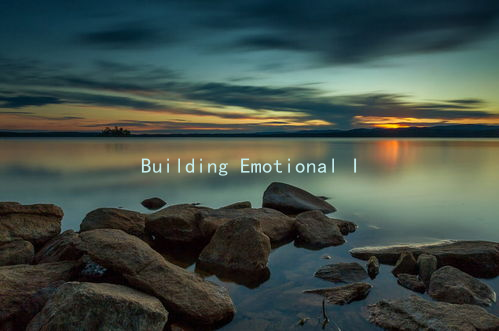The Ethics of Love: Philosophical Insights for Navigating Modern Relationships
In the intricate web of modern relationships, navigating the complexities of love and intimacy often poses ethical dilemmas that can be as challenging as they are rewarding. As we venture into the landscape of dating and long-term commitments, understanding the philosophical underpinnings of our interactions can offer valuable insights. Here, we explore key ethical concepts that can illuminate our approach to love and relationship building.
One fundamental philosophical principle relevant to love is Kantian ethics, which emphasizes treating individuals as ends in themselves rather than as means to an end. In relationships, this translates into a commitment to valuing partners for who they are, rather than merely for what they can provide—be it emotional support, financial stability, or social status. Adopting this perspective encourages authentic engagement and fosters an environment where both partners feel respected and cherished.
Another significant perspective is Utilitarianism, which advocates for actions that maximize happiness for the greatest number of people. In the context of relationships, this principle pushes us to consider the well-being of not just ourselves but also our partners. Prioritizing mutual happiness can lead to healthier dynamics, as decisions are made with a collective interest in mind. This could mean engaging in open conversations about desires and boundaries, ensuring that both partners feel fulfilled and valued.
The virtue ethics approach, rooted in the works of Aristotle, focuses on character and the cultivation of virtues such as honesty, kindness, and empathy. In the realm of dating and relationships, cultivating these virtues can significantly enhance the quality of interactions. Honesty about intentions, even in casual dating, establishes a foundation of trust that is crucial for both short-term and long-term bonds. Empathy allows partners to connect on a deeper level, facilitating understanding and compassion during conflicts.

Moreover, the concept of consent emerges as a cornerstone of ethical relationships. Engaging in open, transparent conversations about consent—not only in physical intimacy but also in emotional sharing—ensures that both partners feel safe and respected. This ethical stance is reflective of respecting autonomy, a principle that underscores the importance of individual agency in love.
In the age of digital dating, the rise of social media presents new ethical challenges. The phenomenon of ghosting, for instance, raises questions about accountability and respect. While it may seem easier to sever connections without explanation, such actions can inflict emotional harm. Embracing a more ethical approach would involve clear communication and closure, acknowledging the impact ones actions have on others.
Finally, the pursuit of love should not eclipse the need for self-awareness and personal growth. Engaging in self-reflection allows individuals to understand their values, needs, and boundaries, which can lead to healthier relationships. Recognizing ones worth—along with the ability to advocate for personal happiness and respect—can create a more balanced dynamic in both dating and committed relationships.
As we navigate the tumultuous waters of love, incorporating these philosophical insights can lead to more ethical, fulfilling connections. By fostering a commitment to authenticity, mutual well-being, and respectful engagement, we can pave the way toward relationships that not only endure but enrich our lives. In an age where relationships often feel transactional and fleeting, returning to these ethical foundations may be the key to sustaining the beauty and depth of love.





